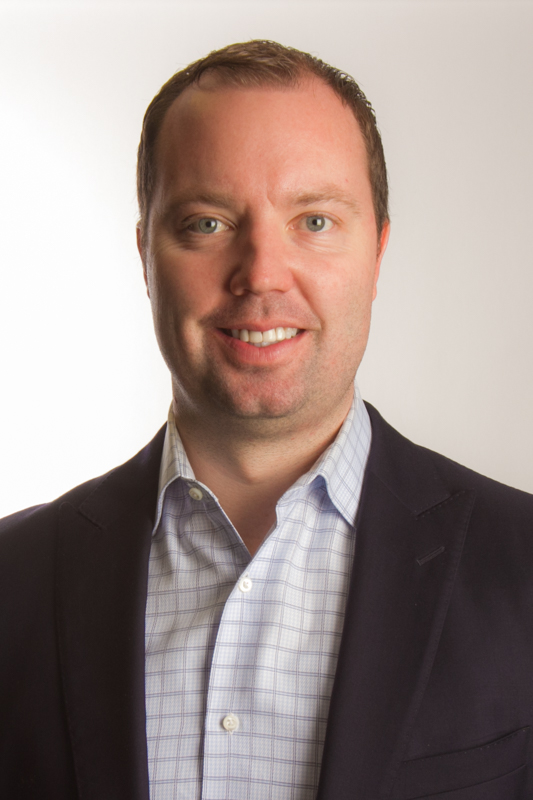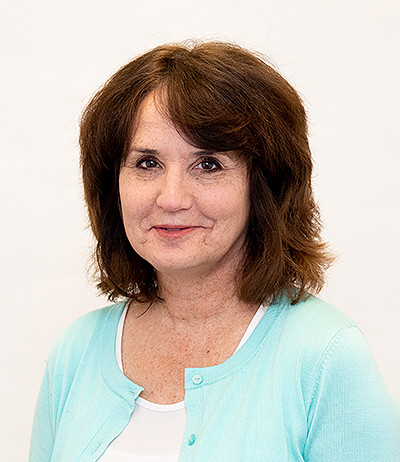The Equipment Dealers Assn. has a new partnership with OPOC.us to improve the employee benefits experience for its 4,500 dealership members and their employees.
OPOC.us (One Point of Care) is a family-run care firm that specializes in employee benefits, administration and human resources solutions. OPOC.us optimizes healthcare benefits to provide cost savings to both employers and employees.
Rural Lifestyle Dealer talks with Clark May, OPOC analyst, about what “one point of care” exactly means and how it benefits dealers, along with what dealers need to know about changing requirements.

Rural Lifestyle Dealer: Can you explain more about your services and how dealers and employees benefit?
Clark May: We think there's a bit of a value gap where employers are spending hundreds of thousands or even millions of dollars on healthcare. But then in the privacy of their own homes, employees are grumbling a bit because the user experience isn't great. We want to close that value gap, get a better return on that investment for the dealership and their most important asset, their employees.
We support dealers, helping them show their employees that they care about them and their health. We do this by creating a positive user experience when employees and their families are using their health benefits. For instance, we offer employees a personal advocate to help them every step of the way. So, there's that personal care side for the employees and families and then there's also a strategy side at the corporate level. We help bring more transparency to where all the money is going and help optimize the money being spent on healthcare.
RLD: What about health insurance coverage as part of OPOC.us? Can you explain how you support coverage?
May: We help administer the benefits dealers already have in place. It's generally important to note that for dealers to take advantage of this EDA-sponsored program, they don't have to change what they're already doing and often don't even have to make changes to partners they already have in place, such as UnitedHealthcare, Blue Cross Blue Shield, Anthem, Cigna, whoever it might be. This program is independent and does not force or steer dealers toward a single insurance company or program.
When I said we are building a strategy for the business, I meant that we help employers develop a sustainable strategy — where their health plan can stand the test of time.
We also help employers understand whether they are getting a good return on their investment. It’s about bringing more transparency to all the dollars that they're spending on healthcare. This is a new process for businesses and we handle it all for them.
RLD: Healthcare made headlines when the Affordable Care Act was introduced. Can you provide updates on what dealers need to know about federal requirements?
May: It's an ever-changing landscape and a challenging one. Employers are now tasked with reports and filings regarding eligibility and coverage and we can help handle some of these legislative complexities.
For instance, we have a healthcare reform center staffed by specialists who look out for the best interests of dealers when it comes to regulatory requirements. We also have a strategic counsel monitoring pending legislation. Healthcare gets more and more complex and healthcare costs keep rising, which is why a program like this is so valuable.
RLD: How can dealers understand what they can afford to pay and still provide what employees need?
May: The first question that I generally ask any dealer is, “Where is your money going today?” Healthcare is an investment — dealers not only have to offer a viable program, but it needs to be attractive and marketable to attract new talent. We bring more transparency to where their dollars are going today to see if they're getting a good return or if they're buying what they need. And then on the other side of it, what are they doing to protect the future? This means helping employees make informed decisions when it comes to using healthcare, which can help suppress costs.
For example, there are many options when it comes to labs, MRIs, scans, all the way up to big items, such as surgeries. Employees often aren't making informed decisions when it comes to quality, cost and options. In the long run, that lack of information can impact the future of healthcare costs. In the short run, it can impact the check book of the employee. For example, there might be 10 different pharmacies that are in-network, but the price can be quite a bit different.
The same thing is true for procedures, like MRIs. In one facility, the MRI may cost $4000 and $450 at another facility, even though they are using the same equipment and potentially even the same radiologists.
We want to help employers make sound decisions on what is a good investment, based upon the needs of the employees. Then, also help employees identify what kinds of services are right for them. This helps contain costs and help employees take steps toward living a better life.
RLD: Do some dealers feel like they are turning over too much of the decision-making or control to OPOC.us?
May: The decisions are always up to the dealer, so most often when we introduce this, it's a breath of fresh air. The services are provided at no additional cost to them, meaning their service fee is built into what they're already paying when working with an agent or broker.
For a dealer who has been struggling with rising costs, we provide a way to address those costs. We can also help address any unrest among employees because of bad user experiences or when they get a bill that doesn’t make sense.
RLD: Is anything changing about insurance program options in general?
May: Many employers either had to change deductibles or raise the amount of responsibility for the employee in order to control costs — and we’re talking about a significant amount of money the employee is often now responsible for. The idea is that if you make someone more responsible for the cost, they may make more informed decisions. By and large, however, that hasn't happened. It has just raised the level of frustration for employees.
Again, this is where we can help the employees with our “one point of care” model, to help employees get the information and care they need.
We also can offer the dealer a better value proposition. We can help dealers improve what they can offer employees, while being able to afford it. They can then use the benefits as a way to recruit and retain talent.
RLD: Do you think dealers do a good job of promoting the benefits they offer?
May: Some dealers do a great job promoting the benefits they offer. However, it’s generally an area that doesn’t get the attention it should when trying to attract talent.
It’s probably easier to focus on other benefits that a dealer might be more knowledgeable about. We can help in that aspect as well and can offer one of our advocates to talk with a potential prospect about the dealership’s offerings and the one point of care approach.
The effort actually becomes part of dealership branding — showing that the dealer cares about their employees and their families and wants to ensure they have good healthcare and good experiences.
RLD: You had mentioned about healthcare legislation being something that is constantly changing and that you offer a portal for dealers. Can you explain more about that?
May: One thing I want to make clear is that dealers don’t need to become experts on healthcare legislation. It can be very confusing regarding the changes and whether the changes actually affect them. Our role is to keep them up to speed on things that are relevant to their dealership and how it's going to impact them, their employees or their administrative requirements. Part of our service model is to allow the dealer to focus on their business.
Read more.
EDA Partners with OPOC.us to Bring New Health Insurance Benefit to Members





Post a comment
Report Abusive Comment